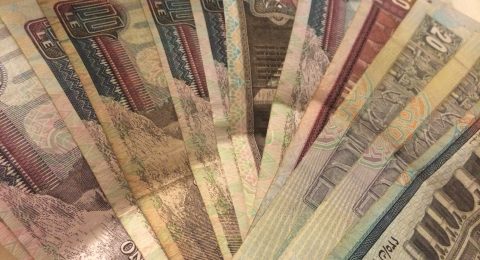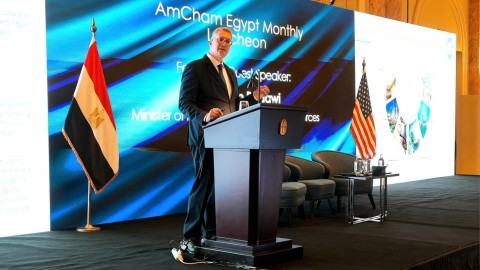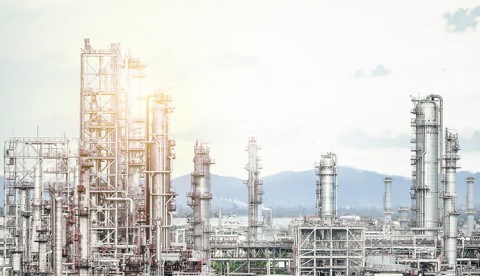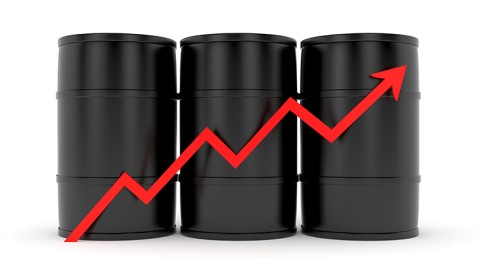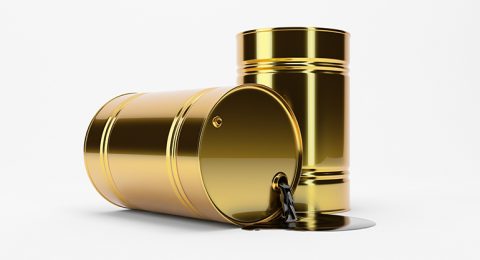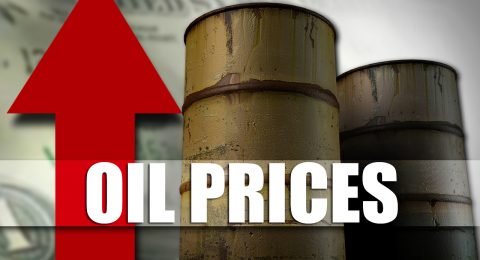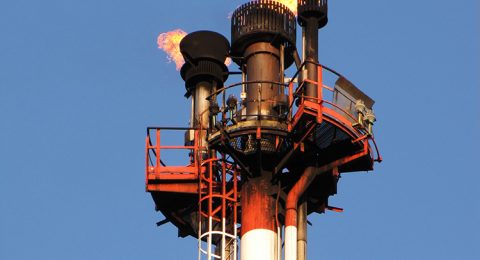With the Russia-Ukraine war growing in its intensity, several countries in the European Union (EU) are suspending dealings with Russia in several fields. However, the same countries are showing hesitation in suspending natural gas imports from Russia.
The embattled Russian President Vladimir Putin responded to European sanctions by signing a decree on March 31st, demanding price of natural gas to be paid in rubles. Putin said that Russian gas buyers from “unfriendly” countries should pay in rubles from accounts in Russia starting from April 1st, or they would face the “consequences”.
“They [the buyers] must open accounts in rubles in Russian banks. And from these accounts they will have to pay for the gas delivered,” the Russian president said.
In case of refusal, “the current contracts will be stopped,” Putin added. “It will be considered as a breach of obligations on the part of the buyer, and this will have all the necessary consequences.”
However, EU countries rejected the call, saying that the original contracts were signed to be paid for in euros or dollars.
In early March, Russia published a list of “unfriendly” countries, which includes members of the EU, the US, Canada, the United Kingdom, Switzerland, Japan, South Korea, Taiwan, Australia, and Norway.
Several European buyers are seeking clarity on the new payment system. While Denmark condemned the move, Germany decided to study the matter closely, and the French Ecology Minister Barbara Pompili expressed her opinion stating that the new payment system is not a breach of the original contract as the contracted companies would still have the ability to pay in euros.
Russia supplies more than 40% of Europe’s total natural gas demands. “When the final stage is triggered as energy crisis snowballs, energy consumption will prioritize civilian use, and supply for industrial use could be totally halted in that case, exerting a devastating effect not only on Germany but also the European economy – which has been battered by the pandemic,” Cui Hongjian, director of the Department of European Studies at the China Institute of International Studies, told the Global Times. This crisis may erase Europe’s GDP expansion by about 1% to 2%, Cui estimated.
This urges these countries to decrease dependence on Russian gas and study possible alternatives. The main potential supplier of natural gas for the European market is the US. Although the US has increased the amounts pumped into global markets, US liquefied natural gas (LNG) cannot cover the European high demand for natural gas.
Other possible suppliers include Qatar, the United Arab Emirates (UAE), and Egypt. Qatar’s energy minister Saad Sherida al-Kaabi stated in March that several natural gas consumers are talking to Qatar. “Europe has been a destination for us, and is an important market for us,” al-Kaabi, who is also president and CEO of QatarEnergy, said, adding “we will be supplying Europe.”
Egypt is working on its resources to provide the global markets with as much gas as possible. The Egyptian Minister of Petroleum Tarek El Molla urged exploiting all available opportunities to increase Egypt’s production of natural gas, as well as benefiting from the infrastructure and liquefaction stations in Idku and Damietta in light of the increasing demand for natural gas.
The global market is expected to witness huge change. Whether the sought alternatives will be enough to cover the shortage that may be caused by the Russia-Ukraine crisis is still not clear.

